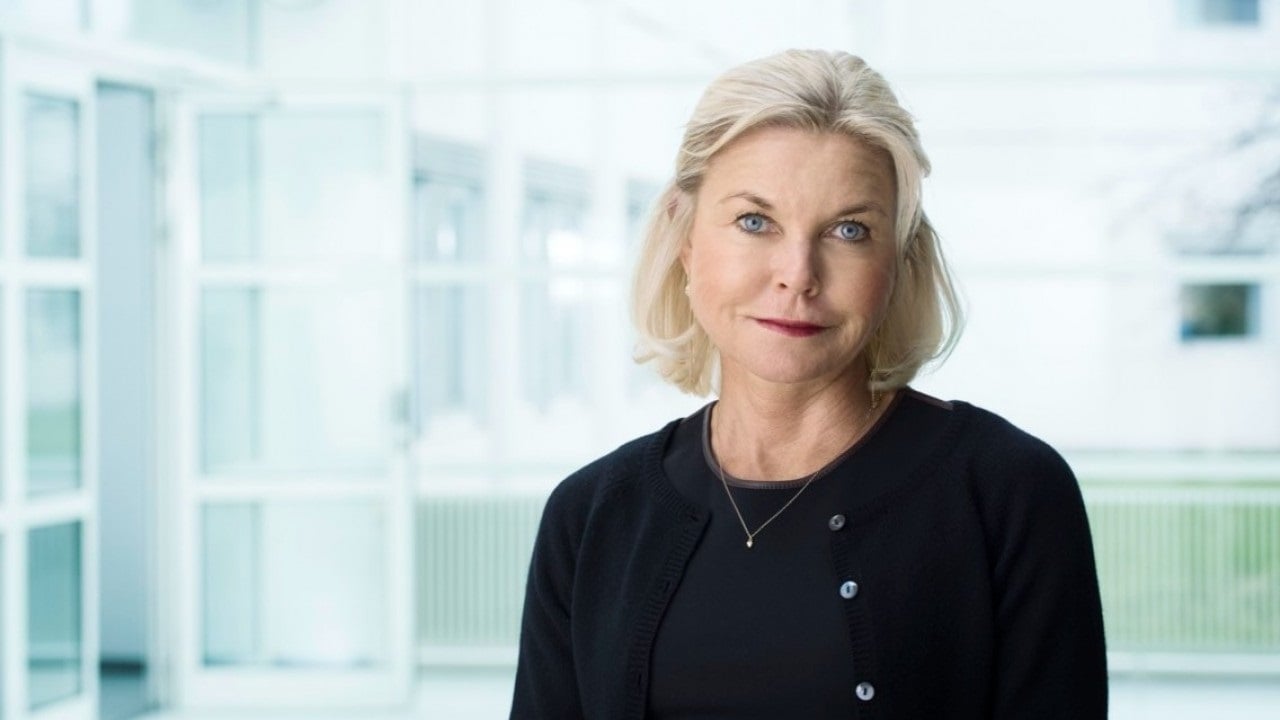A study last year revealed that the gaming industry was split almost right down the middle in terms of gender employment. Things have changed, though, as gender inequality may have crept into the ecosystem over the past 12 months.
 Entain CEO Jette Nygaard-Andersen, one of the most successful women in the gaming industry. Despite the path she has opened, gender equality in the industry is still an issue. (Image: Racing Post)
Entain CEO Jette Nygaard-Andersen, one of the most successful women in the gaming industry. Despite the path she has opened, gender equality in the industry is still an issue. (Image: Racing Post)All-in Diversity Project s latest identified a new gender gap in the gaming industry s workforce composition. The nonprofit s report found that 56% of employees were male.
The third annual report also found mixed results, stating that there has been some positive progress in women s leadership in the industry. However, according to the findings, some company inclusion policies are still lacking.
The report, which was delayed to account for the impact of the COVID-19 pandemic, used an expanded index compared to previous reports. As a result, it now covers 140,000 employees in 40 gambling-related organizations in 16 jurisdictions.
Room for ImprovementOf the organizations, nearly one-third were operators, and 29% were suppliers. Some 41.5% are large public companies with more than 250 employees. In the past, many US operators in the study but do now. As a result of the changes, there is some disparity between the latest report and previous reports.
The latest index shows the largest gender gap in employment to date. Men comprise 56% of the ecosystem, while women comprise 43%. Meanwhile, 0.2% of employees identified as non-binary.
The biggest gaps were in entry-level jobs (45% of women vs. 55% of men). As a result, the project has alerted industry leaders to opportunities to develop talent pool diversity and mentoring for women. However, there were also considerable advances in terms of women in terms of leadership.
Women held 33% of team leader positions and 32% of managerial positions. This is above the US S P benchmark of 30% but still below the UK business average of 51%. The report has criticized the past lack of women in leadership positions.
In executive management and corporate governance, women accounted for 25% and 18.5%, respectively. The report raised concerns that gambling organizations reduced women s support activities by 12% and mental health care by 30%.
More Flexibility in the WorkplaceThe index, which included the collaboration of , also points to several disruptive trends. For example, it found that companies reviewed their approach to human resources, hiring, and daily policies and practices due to COVID-19.
It also dove into the Great Resignation, the recognition of menopause as a health problem for employed women, and a shift towards applying parental policies to same-sex couples. As an example of the latter, there is now less use of maternity leave and an increase in parental leave.
The number of organizations offering paid sick leave by the company dropped from 95.83% in 2019 to 84.38% in the new report. In addition, the number offering support through caregivers and childcare assistance fell from 58% and 41% to 34% and 18%, respectively. However, the number with flexible working policies increased from 75% in 2019 to 84.38%.
The index found that companies most commonly used internal benchmarking for employee promotion and development. However, there s still room for improvement. For salary data, 40% of organizations collected gender pay data and only one metric collected data based on ethnicity.


还没有评论,来说两句吧...